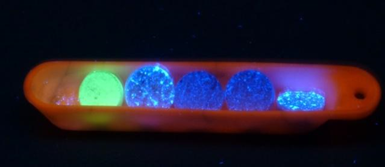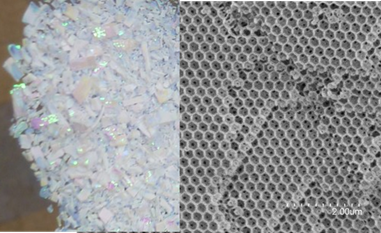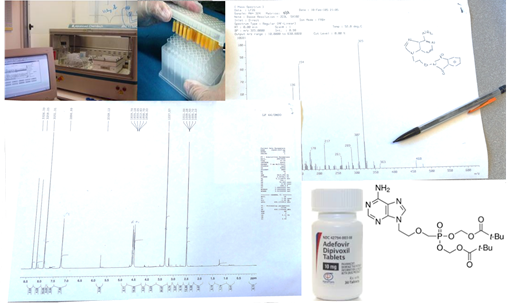Level of education
Bachelor's degree
ECTS
8 credits
Training structure
Faculty of Science
Description
The professional project bridges the gap between traditional practical work and internships in laboratories or companies. It takes the form of a supervised project consisting of placing students in a professional situation through collaborative (group) work based on carrying out a project in response to a problem set by a company, local authority, association, or academic. It is part of the core curriculum of the Master's in Chemistry and is carried out under the supervision of a member of the teaching team (academic or industrial). Conducted throughout the semester, this project aims to connect and consolidate the knowledge and skills acquired during the Bachelor's and early Master's programs through this professional situation. These scenarios will be directly related to the Master's program chosen by the students. In addition to chemistry-specific skills, other interpersonal, organizational, and communication skills intrinsically linked to project management will also be acquired, equipping students for their future professional lives.

Addressing a research issue: example of a summary of new phosphorescent materials.
Hourly volumes:
CM: 5 hours
Tutorial: 5 hours
Practical work: 40 hours
Objectives
The objectives associated with supervised projects are for students to:
- Knowing how to respond to an industrial or academic issue
- Be able to place this issue in a broader context and in relation to the state of the art.
- Be able to draw up specifications relating to the issue at hand and propose original solutions.
- Develop a plan of experiments in collaboration with other members of the group.
- Managing your own safety and that of others, acting as a responsible chemist
- Implement security appropriate for a synthesis
- Mastering analysis and characterization techniques in various fields in order to successfully complete the project entrusted to him/her.
- Know how to analyze/interpret data based on knowledge acquired during their studies or data from the literature.
- Conduct a critical analysis of the results obtained in relation to the initial objectives and the state of the art, and be able to adapt your approach based on successes and failures.
- Communicate the results associated with the project through a scientific publication in English and an oral presentation to a jury.
Teaching hours
- Professional projects – project monitoring – Practical workPractical work40 hours
- Professional projects – project monitoring – tutorialsTutorials5 hours
- Professional projects – project monitoring – CMLecture5 hours
Mandatory prerequisites
Bachelor's degree in Chemistry (Organic Chemistry, Materials Chemistry, Life Sciences), Biochemistry, or Physical Chemistry
Basic knowledge of chemical synthesis and analysis.
Knowledge assessment
Continuous assessment + Final oral exam
Syllabus
Introduction to Scientific Ethics
Bibliographic research
Risks and safety in chemistry
Preparation for defending/writing a report in English
40-hour experimental project on an industrial or academic issue: Synthetic and analytical approaches related to the student's chosen course of study.
Use of synthesis and analysis equipment (microwave synthesis, hydrothermal, FT-IR spectroscopy, Raman spectroscopy, NMR, mass spectrometry, scanning electron microscope, chromatography systems, etc.)

Combining different skills to carry out a project: example of inverse opals synthesized by combining macromolecular and soft chemistry via sol-gel (left) and observed under a scanning electron microscope (right).

Example: Synthesis and characterization by NMR and mass spectrometry of an intermediate for the preparation of a commercial antiviral acyclic nucleotide (Adefovir)
Additional information
Administrative contact(s):
Master's Program in Chemistry Secretariat
https://master-chimie.edu.umontpellier.fr/

